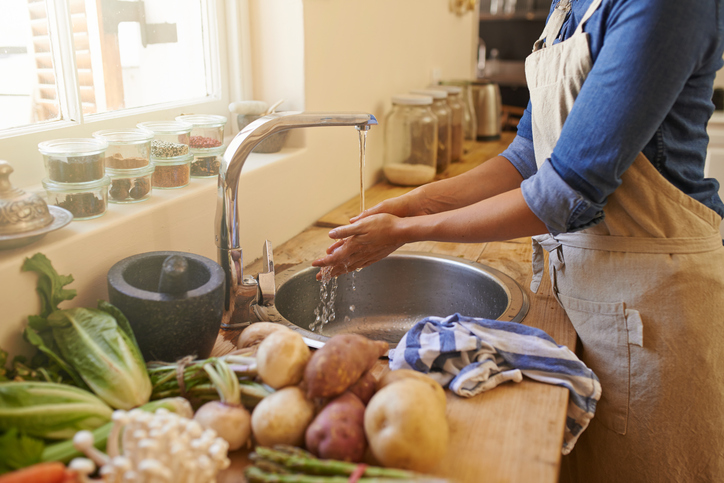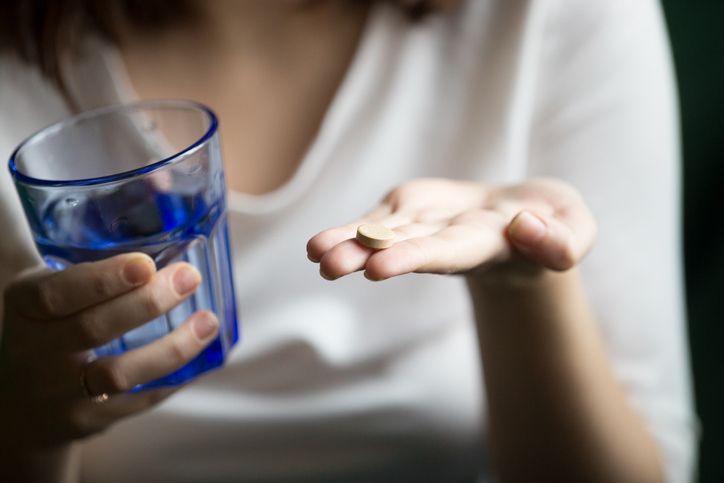How to Prevent Food Poisoning
With simple measures, you can keep them away
Publicado:

Main culprits
Among the foods and drinks that can be contaminated and cause an infection, eggs, meat, and fish are the ones that pose the greatest risk when not cooked properly.

Wash
A golden rule: wash your hands before, during, and after handling food. Ideally, you should wash your hands with warm water and soap for at least 20 seconds. This extends to utensils you use and contact surfaces (tables, refrigerators, and freezers).
Do not mix foods
Another important precaution is to not mix raw foods. Cross-contamination can occur when juices from raw meat or germs from dirty items accidentally touch cooked or ready-to-eat foods, such as fruits and vegetables. Try to have two chopping boards or wash them after handling different foods.
Store food properly
When you return from the grocery store, remember to put raw foods in the refrigerator right away. This reduces the growth of bacteria. If you have leftovers from food you already prepared, refrigerate them as soon as possible. They should not spend more than two hours outside of the refrigerator. Small, shallow containers are ideal.
Cook thoroughly
Although doneness is often considered a question of taste, especially with meat, it is important to reduce raw areas as much as possible to prevent the presence of bacteria. Use cooking thermometers and check the right time and temperature for each dish.

Some final precautions
While the symptoms of food poisoning are common ailments and you can find medications to treat them, experts recommend not self-medicating. Instead, try to stay hydrated. If the signs of food poisoning last for more than three days, contact a doctor.


